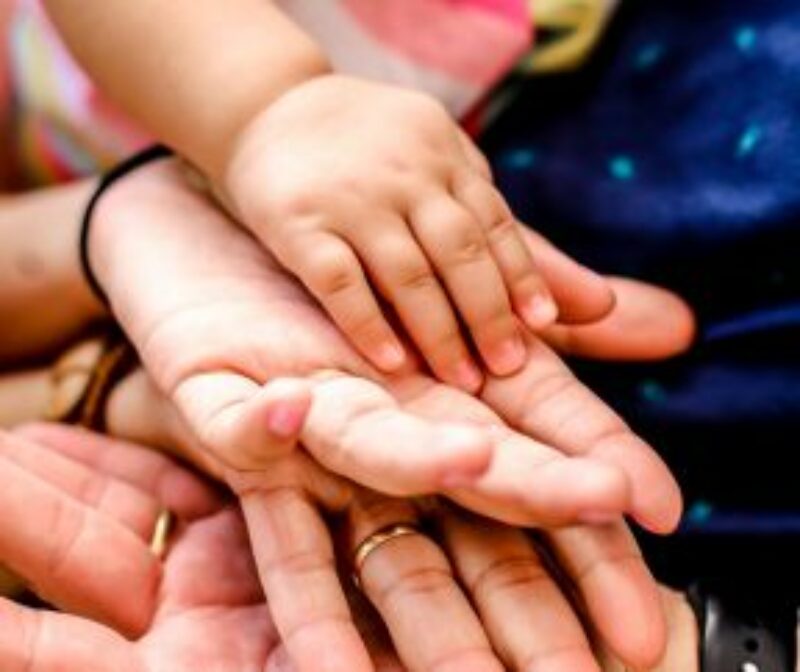The World Health Organization says that loneliness and depression will be the main problems we face in the next century—not cholera or smallpox or even covid—loneliness and depression. The need for healthy relationships has never been greater—they are oxygen to humanity. Our society tells us a lot of other things should come first—exercise programs, getting ahead at work, making more money—while very few people discuss how to keep our relationships healthy.
Developing deep bonds with others is an effort, but the effort results in authentic joy and satisfaction, as we find purpose and meaning through authentic connection and safeguard ourselves against the epidemics of loneliness and depression.
- Imagine the current close relationships in your life. Write down their names. Next to each, write the last time you spoke to or saw them.
- What was the quality of the interaction? Was there a genuine connection during your time together? Were either of you able to be vulnerable?
The quality of the interactions in our relationships matter. Taking opportunities to share vulnerabilities with one another is an important part of being human. We must be vulnerable in order to be fully seen by others. In some ways, we think we want relationships where we can hide behind our façade, but what we truly need is someone who accepts us without our façade and believes we are still valuable, worthy of love, and even better than with our “cover.”
- Imagine these relationships again and how you would like to see deeper bonds form between the two of you. Write down additional names if you would like. Consider your role in these relationships.
- Would you consider yourself open, accessible, responsive, and engaged in your relationships? If not, why do you think that is? How could you offer more of these qualities to those you want to have deeper bonds with?
The question everyone is innately asking in their hearts in the search for connection is, “Are you there for me?” In the end, love and bonding are about attention. If we do not give relationships our time and care, the connection naturally erodes. The more open and responsive we are to one another, the more our bonds grow.
Continue Exploring

Blog
Attachment Styles: Why Does Love Sometimes Feel so Difficult? (Part 1)
What do you need to understand about your attachment style?

Blog
Attachment Styles (Part 2): Will Love Always Feel This Hard?
Understand attachment through this case study.

Blog
Created for Community (Part 1): How We Moved Away From our Village
Humans thrive within community, but our modern age encourages poor relational habits. Think about the nature of your relationships with the help of the practice in this post.

